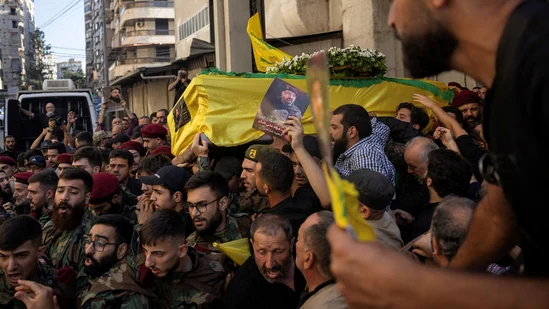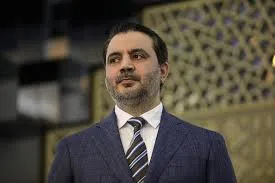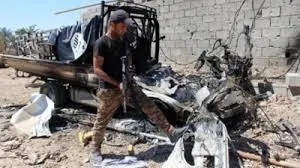Hezbollah’s leader Hassan Nasrallah announced Thursday that the conflict with Israel has entered a “new phase” after the recent deaths of key figures. This follows the killing of Hezbollah commander Fouad Shukur by an Israeli airstrike in Beirut and the assassination of Hamas leader Ismail Haniyeh in Tehran, both sparking widespread concern about escalating violence in the region.
Hezbollah and Iran React
The Israeli airstrike on Beirut on Tuesday also resulted in the deaths of an Iranian military adviser and several civilians. Israel confirmed the strike was in response to a recent rocket attack on the Golan Heights that killed 12 children, though Hezbollah denied responsibility for that attack.
Nasrallah, speaking via video link at Shukur’s funeral in Beirut, warned Israel and its allies to prepare for a significant response, although he did not specify what form it would take. His remarks included a call for retaliation and a promise of a “well-studied” response.
Iran’s Reaction
In Tehran, Iran’s supreme leader Ayatollah Ali Khamenei prayed over the body of Hamas leader Ismail Haniyeh, who was killed in an apparent Israeli assassination. The killing has heightened fears of further retaliation from Iran and its allies.
Regional Tensions and Diplomatic Efforts
The recent violence has raised concerns about a potential wider war. Hezbollah and Israel have had near-daily exchanges of fire since the Gaza conflict began in October. Despite previous instances of heightened tension, international efforts have so far managed to prevent a full-scale war.
The situation remains fluid as diplomatic efforts continue to de-escalate the conflict and avoid further bloodshed. US Secretary of State Antony Blinken urged all parties to avoid actions that could exacerbate the situation, emphasizing the need for a cease-fire to break the cycle of violence.
In Beirut, the situation remains tense but calm, with Hezbollah’s fighters expected to resume operations after a period of mourning for Shukur.










